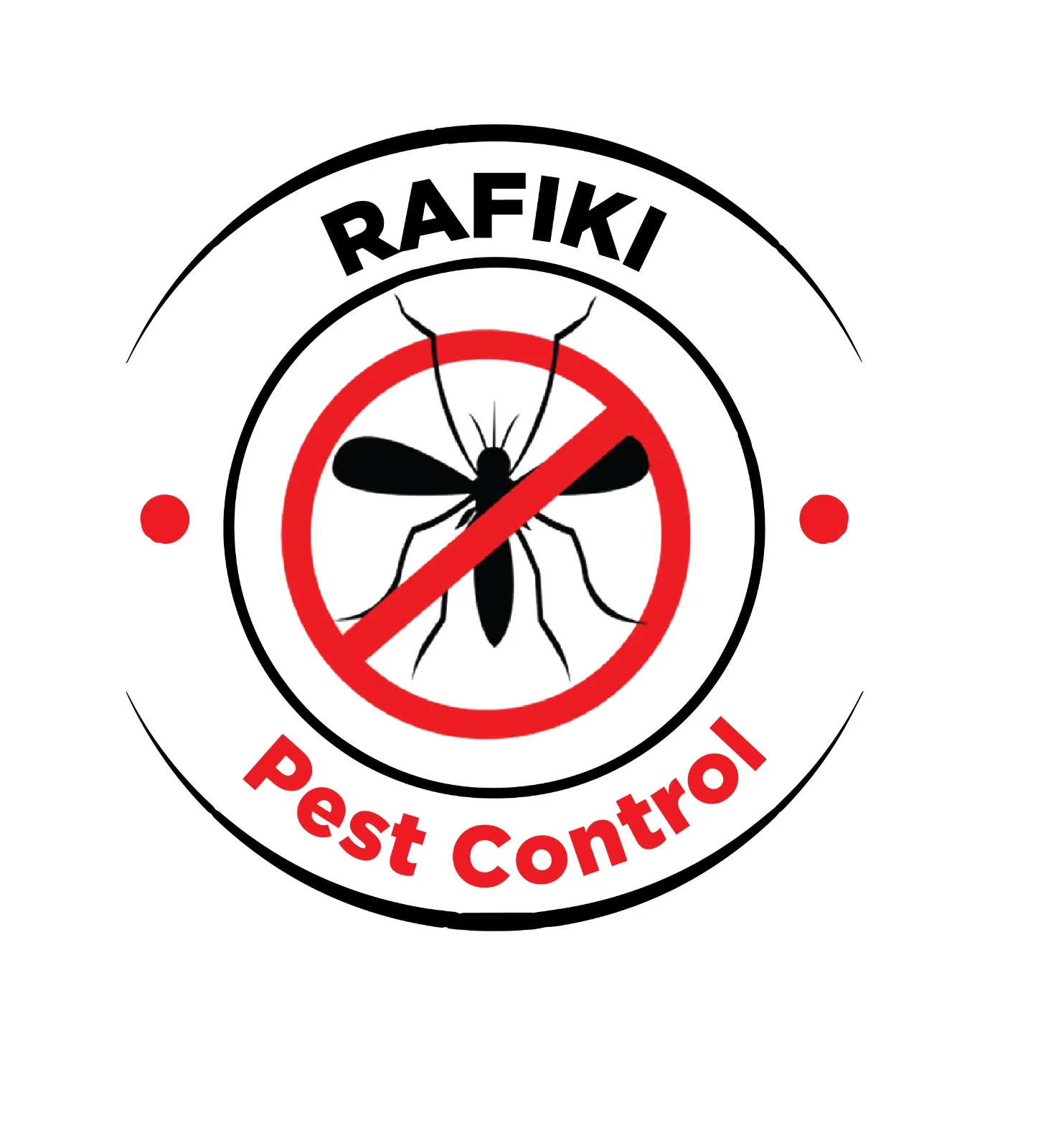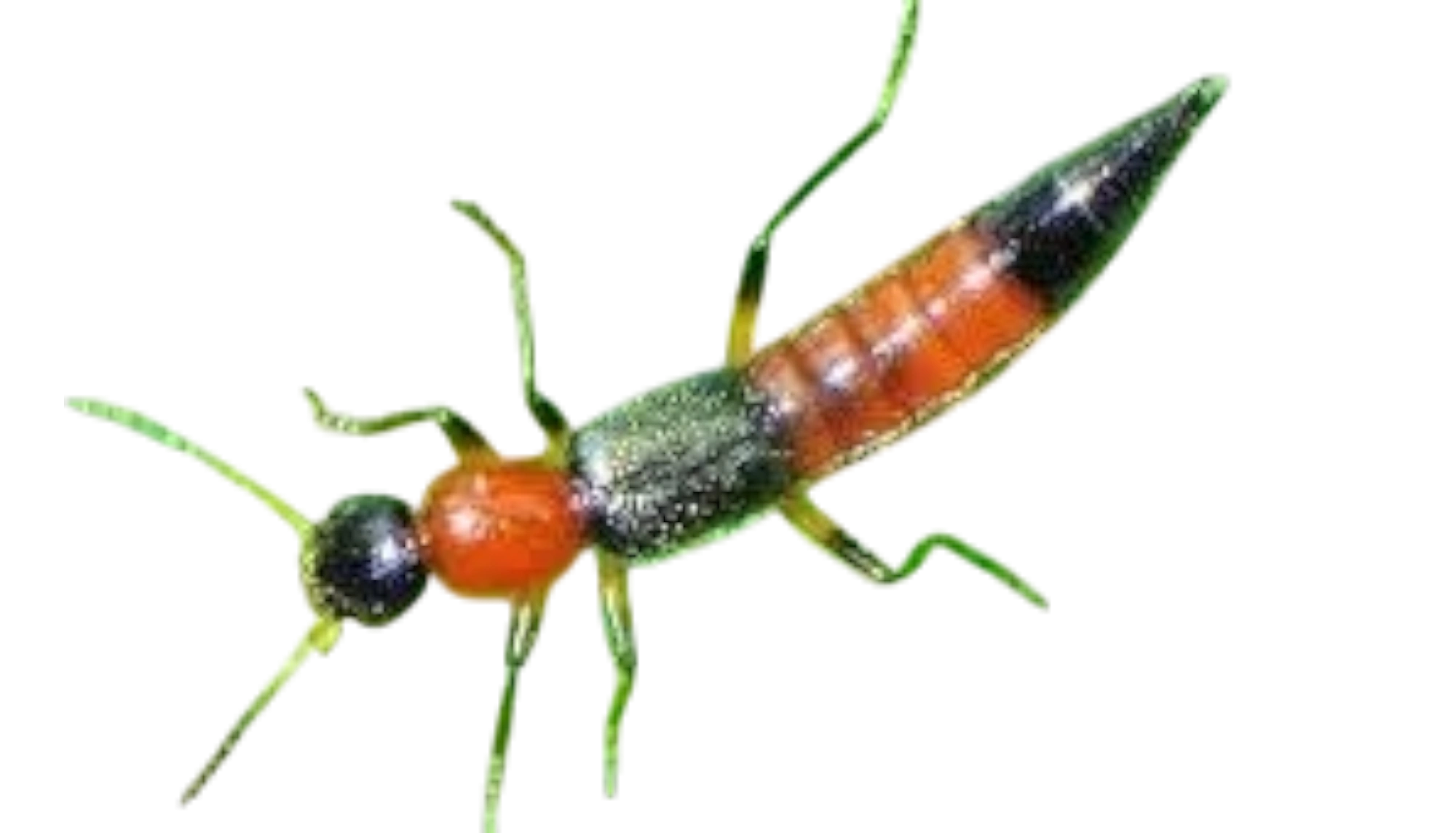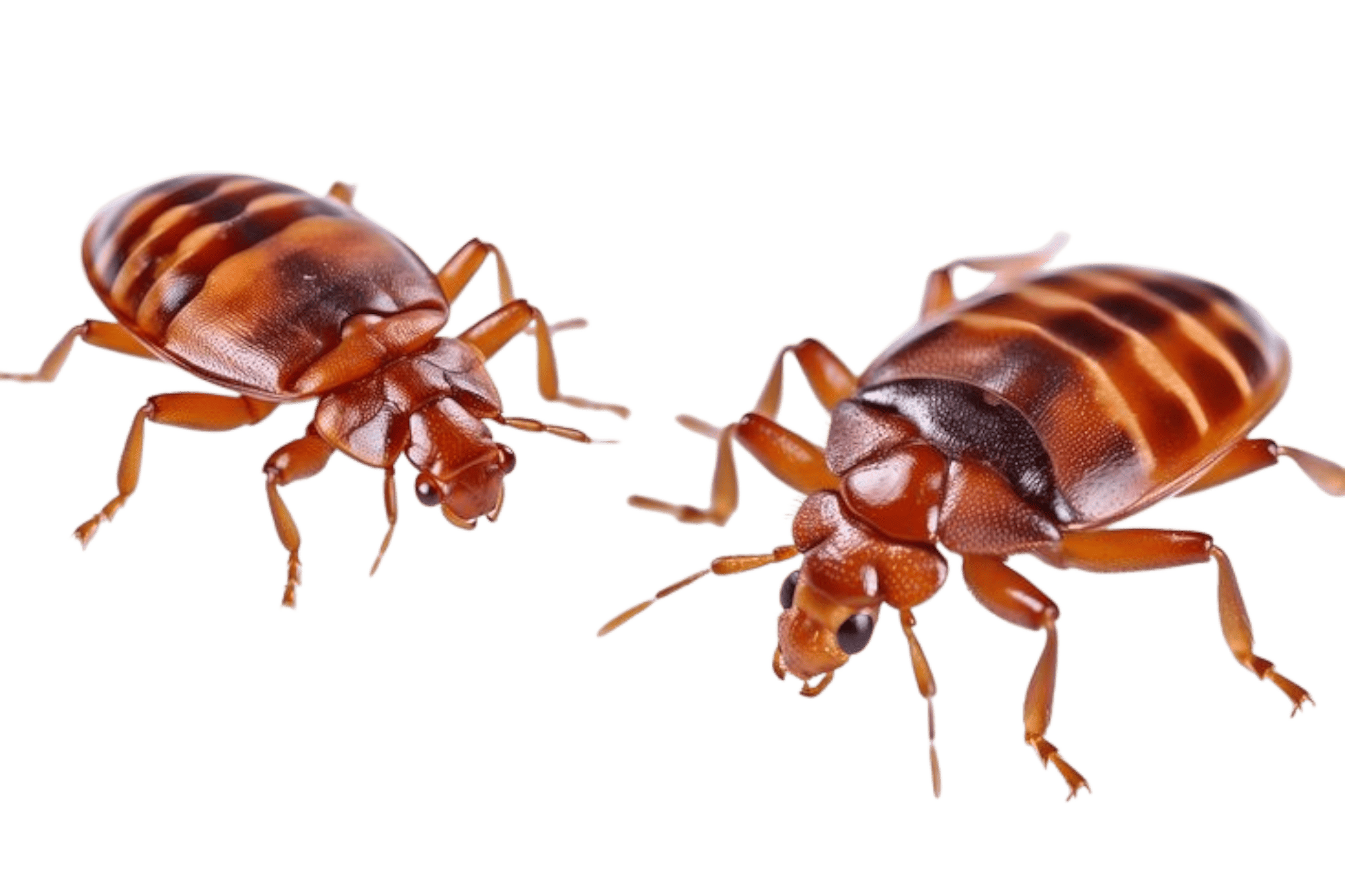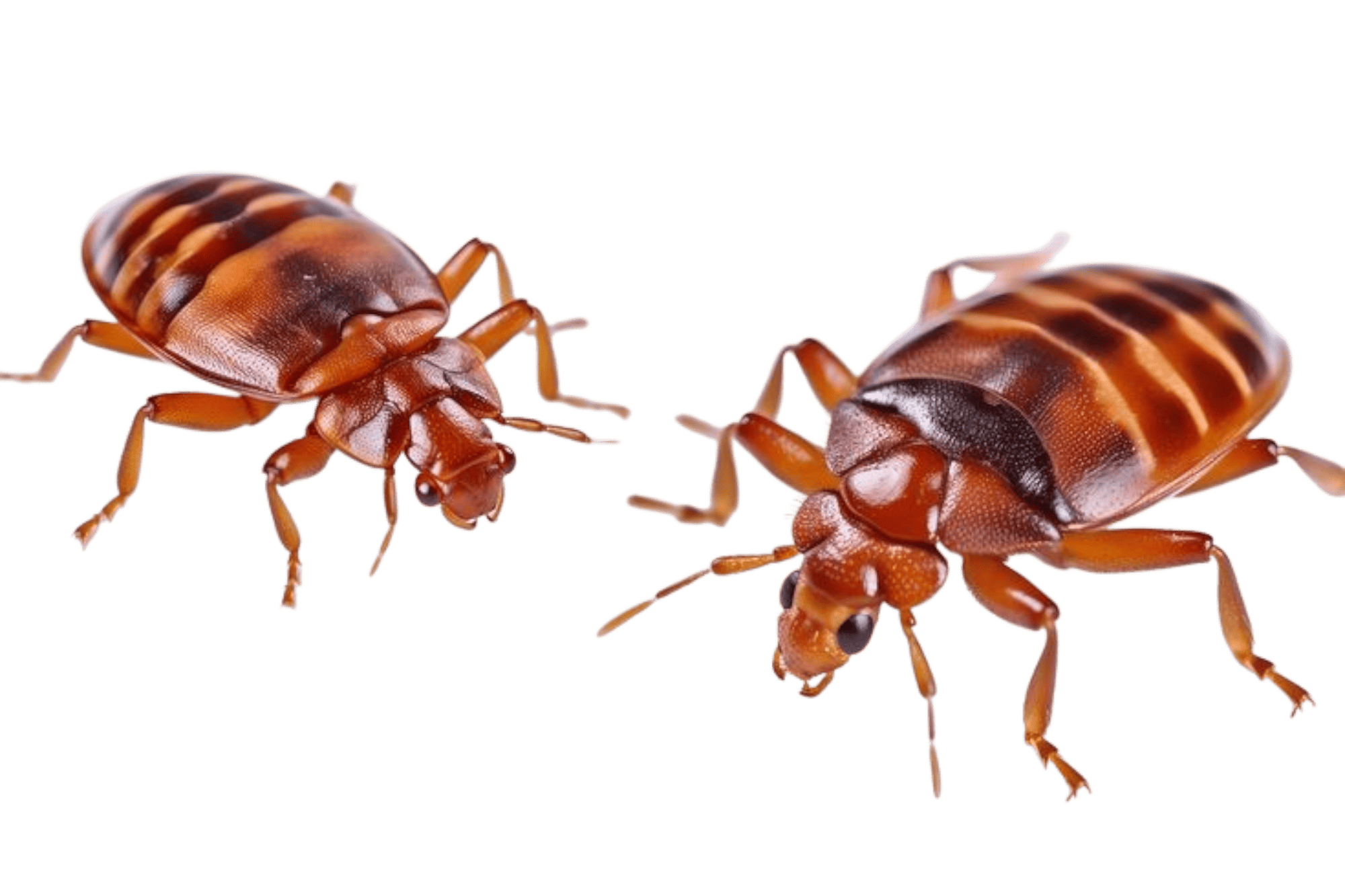Narrow Bee Fly Control Services
Narrow bee flies, also known as bee-like flies, are a group of insects resembling bees but belonging to the family Bombyliidae. While they are generally less harmful than some pests, narrow bee flies can become a nuisance in agricultural fields, gardens, and green spaces in Kenya. Their larvae can sometimes affect other insect populations, and adults may interfere with pollination activities. Rafiki Pest Control offers specialized narrow bee fly control services designed to manage their populations effectively while minimizing environmental impact.
Why Narrow Bee Fly Control Matters
- Narrow bee flies can disrupt the ecological balance by parasitizing beneficial insects, including solitary bees.
- Large populations may interfere with pollination by competing with native pollinators.
- Their presence near crops and gardens can lead to reduced yields and plant health.
- Managing narrow bee flies helps maintain healthy insect biodiversity essential for ecosystem function.
Causes of Narrow Bee Fly Infestations
- Favorable warm and dry climates promoting their reproduction.
- Abundance of host insects for their larvae to parasitize.
- Presence of flowering plants that attract adult flies.
- Lack of natural predators due to environmental changes.
- Agricultural practices that disrupt insect population balance.
Signs You Have a Narrow Bee Fly Problem
- Frequent sightings of bee-like flies hovering near flowers and plants.
- Increased parasitism or decline in populations of beneficial solitary bees or other insects.
- Decreased pollination activity and reduced flowering or fruiting in crops.
- Presence of larvae in soil or plant debris parasitizing other insect larvae.
Our Narrow Bee Fly Control Process
- Inspection and Identification
- We survey your property to confirm the presence of narrow bee flies and assess infestation levels.
- Monitoring Host Insects
- Understanding the populations of host insects helps tailor control strategies.
- Biological Control Measures
- Encouraging natural predators and beneficial insects to restore ecological balance.
- Targeted Insecticide Application
- Where necessary, we use selective insecticides to reduce narrow bee fly populations while protecting beneficial species.
- Habitat Management
- Adjusting planting schedules, vegetation management, and soil treatments to discourage narrow bee fly breeding.
- Follow-Up and Prevention
- Ongoing monitoring and advice to maintain low pest populations.
Why Choose Rafiki Pest Control for Narrow Bee Fly Control
- Expertise in integrated pest management and beneficial insect conservation.
- Use of environmentally friendly and selective control methods.
- Customized solutions for agricultural, horticultural, and green space management.
- Commitment to sustainable practices that protect pollinators and biodiversity.
- Responsive and professional service with ongoing support.
What We Use
- Selective insecticides approved for use in Kenya with minimal impact on beneficial insects.
- Biological agents and habitat enhancement techniques.
- Monitoring tools for population tracking.
- Protective equipment ensuring safe application.
Preventing Narrow Bee Fly Issues
- Promote biodiversity by planting a variety of flowering plants.
- Avoid broad-spectrum insecticides that harm beneficial insects.
- Maintain healthy soil and plant conditions to reduce pest susceptibility.
- Encourage natural predators such as birds and predatory insects.
- Implement crop rotation and habitat diversification.
Ecological Importance and Control Balance
While narrow bee flies can be pests, they also play a role in the ecosystem by controlling certain insect populations. Effective management focuses on reducing their negative impacts without disrupting beneficial ecological functions.
Call to Action
Protect your crops, gardens, and environment with Rafiki Pest Control’s expert narrow bee fly control services. Contact us today for a thorough inspection and a sustainable management plan tailored to your needs.




